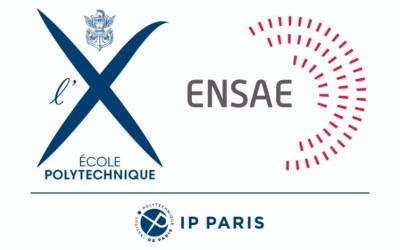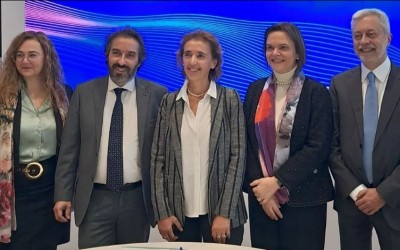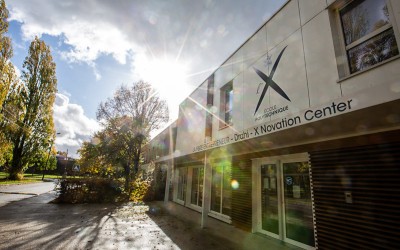- Home
- Press Room
- Press Releases
- Éric Moulines Backed By ERC Synergy Grant 2022 To Tackle a New Paradigm In AI With The OCEAN Project
Éric Moulines backed by ERC Synergy Grant 2022 to tackle a new paradigm in AI with the OCEAN project

On October 25, 2022, the European Research Council announced the 29 projects selected in its first Synergy call of the Horizon Europe programme. Among the winners, Éric Moulines, professor at École Polytechnique, was awarded an ERC Synergy Grant for the OCEAN project with Michael Jordan, UC Berkeley, Christian Robert, Université Paris Dauphine-PSL and Gareth Roberts from the University of Warwick.
Awarded by the European Research Council (ERC), Synergy Grants support groups of two to four researchers to jointly address ambitious research problems that could not be addressed by the individual principal investigators and their teams working alone.
The project OCEAN, On IntelligenCE And Networks, aims to push back the limits of the current artificial intelligence model by developing a new learning methodology, shared between the different users, each one keeping its autonomy and control over its data.
The starting point of this collaboration is federated learning, where several agents participate in the learning task while keeping control over their data. OCEAN will first focus on some identified shortcomings, such as dealing with uncertainty about the outcome of an algorithm or the fact that some users, free-riders, may want to take advantage of others' data without providing viable data themselves, before looking for a new central learning model.
For Éric Moulines, Professor at École Polytechnique’s CMAP[1]: "A key aspect of our vision is that it is explicitly economic and strategic. Agents can be expected to seek fair compensation for the various costs they incur in a collective learning process, including loss of privacy, communication and latency costs, and loss of competitiveness. A natural form of compensation is the ability to obtain more accurate predictions, where the prediction is no longer defined globally, but locally and contextually. Agents who expect compensation for their participation act as economic agents. They may adopt strategic behaviours, such as wanting to manipulate the data they share, for example by revealing only a subset or by adding noise. The full scope of our project includes a wide variety of other types of interactions between economic agents: competition, data security and legal constraints. Data collection and analysis are often associated with feedback loops in which agents may try to optimise the model's predictions to their benefit. Our approach explicitly combines microeconomic concepts with federated machine learning concepts.”
Funded by the European Research Council (ERC), to the tune of €10 million over 6 years, the project is a collaboration between interdisciplinary research teams from several institutions, led respectively by Éric Moulines, École Polytechnique, Michael Jordan, UC Berkeley, Christian Robert, Université Paris Dauphine-PSL and Gareth Roberts from the University of Warwick.
See also



 Support l'X
Support l'X